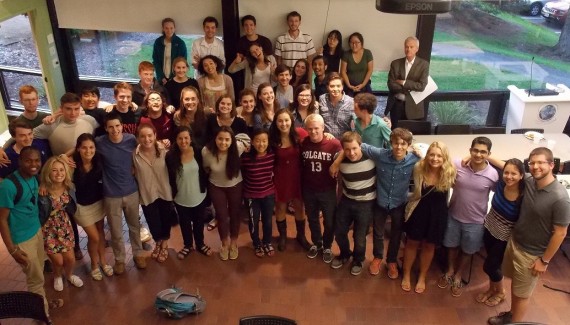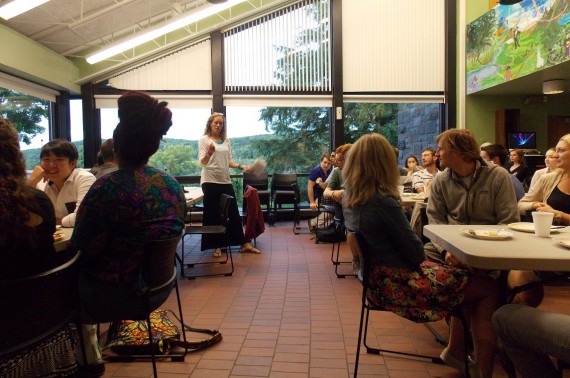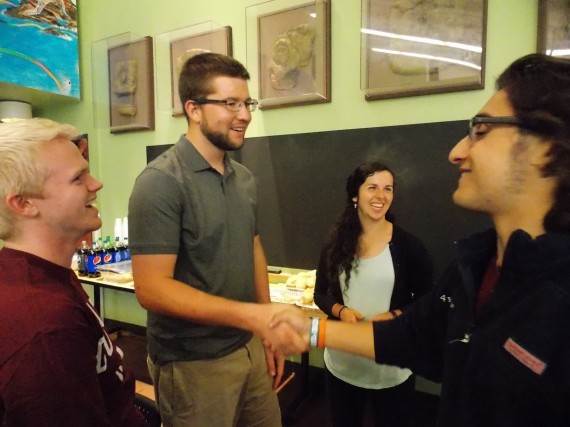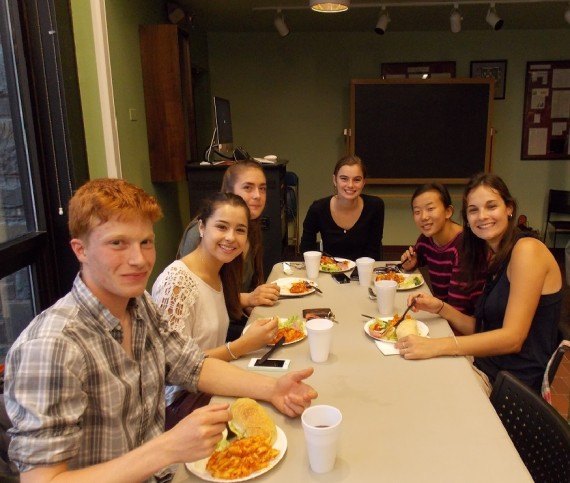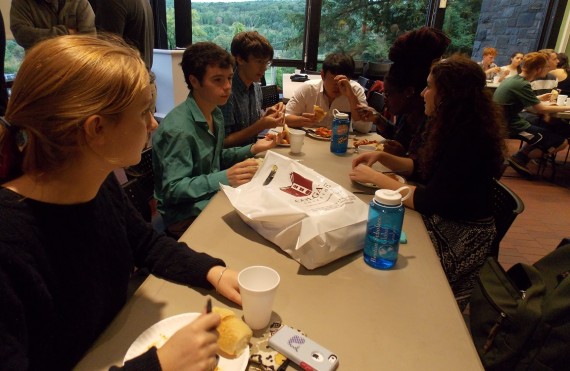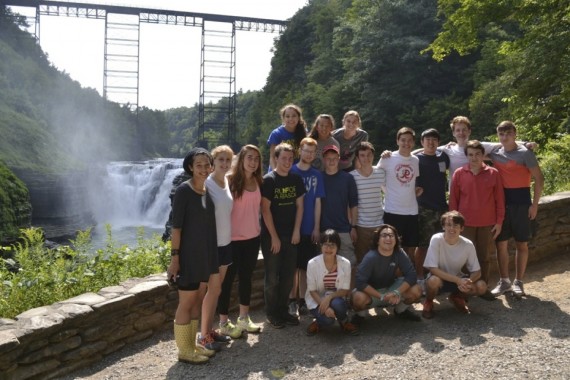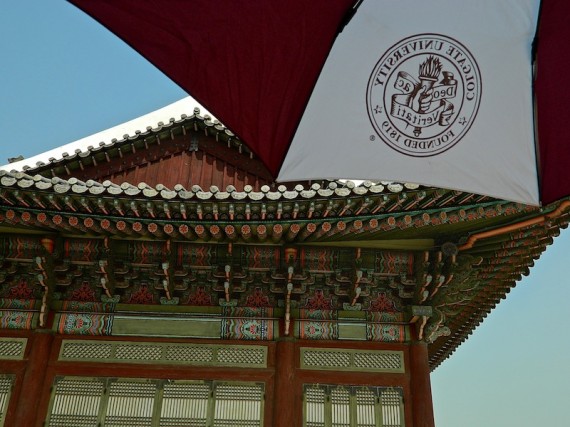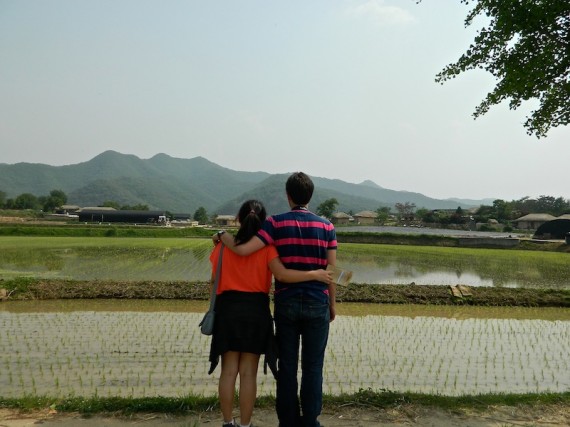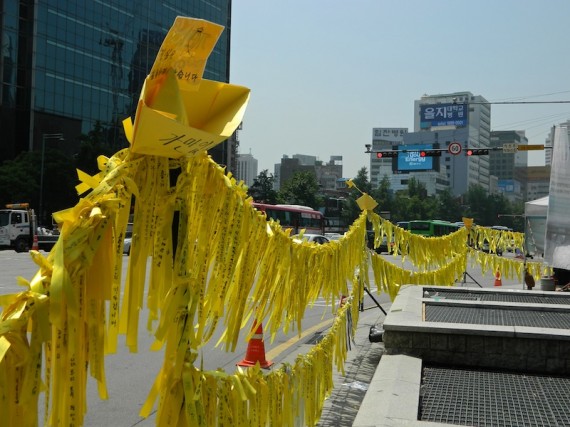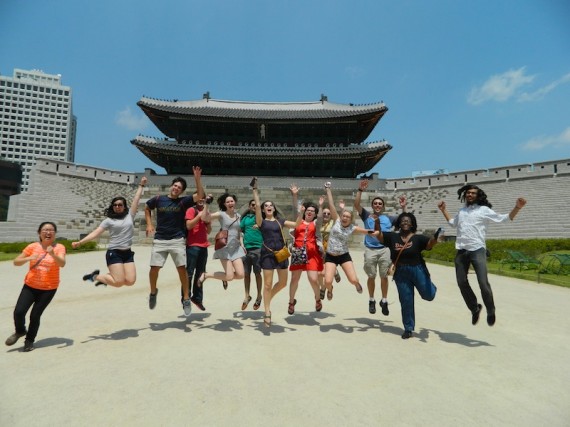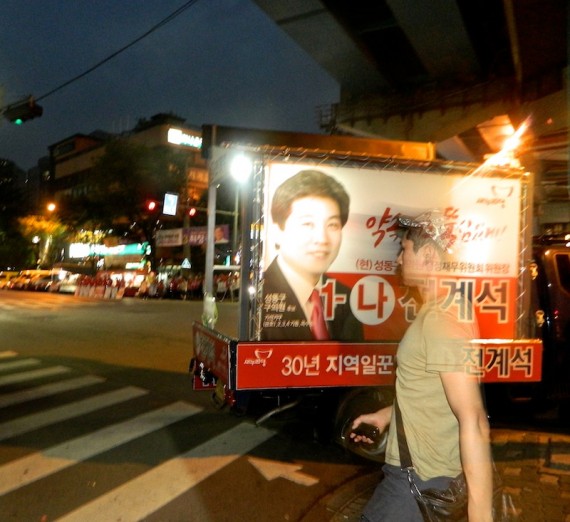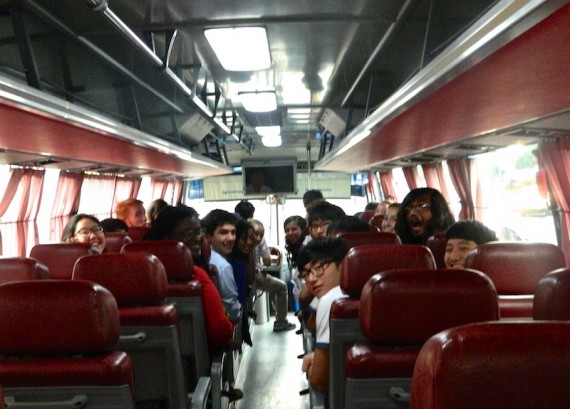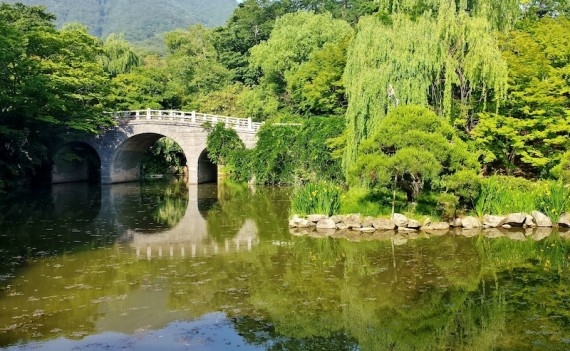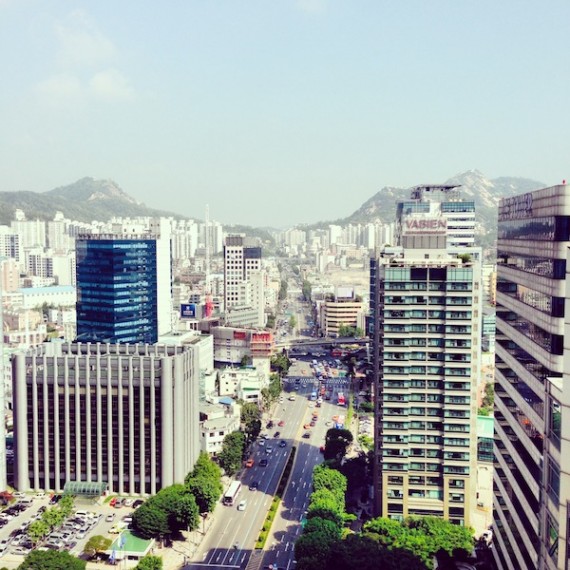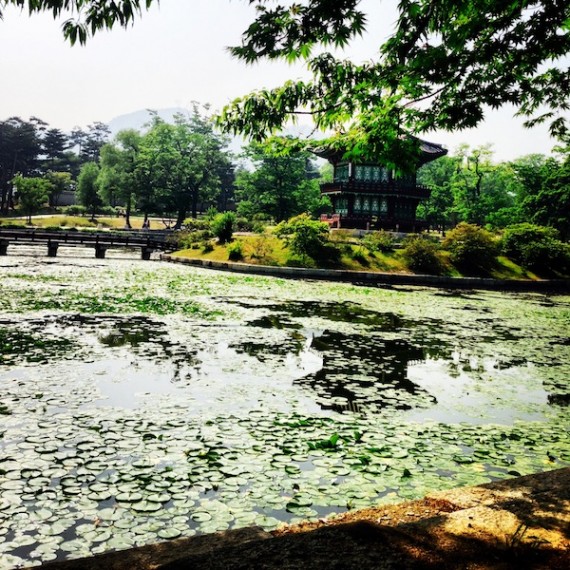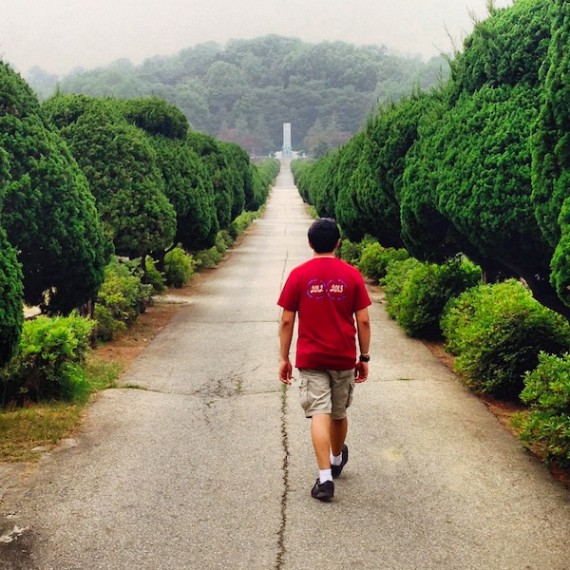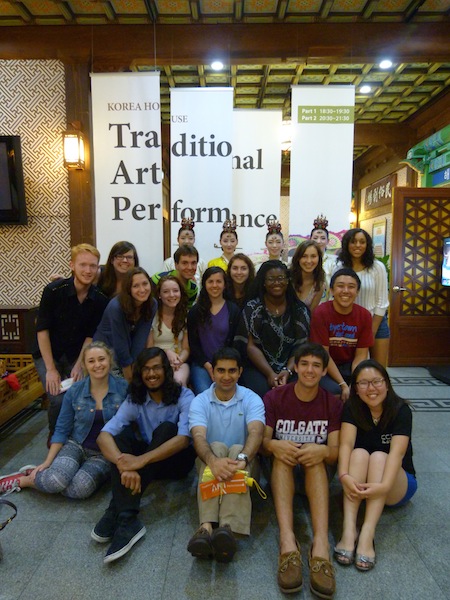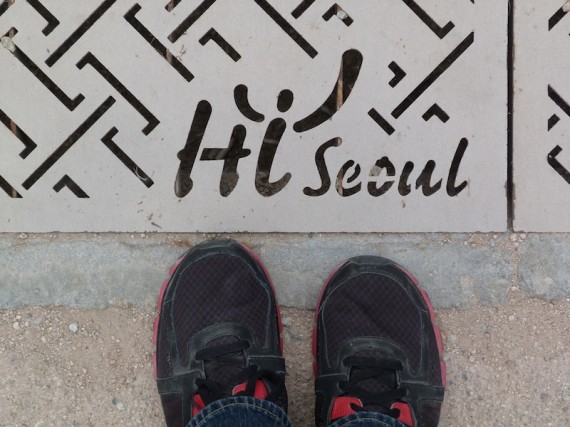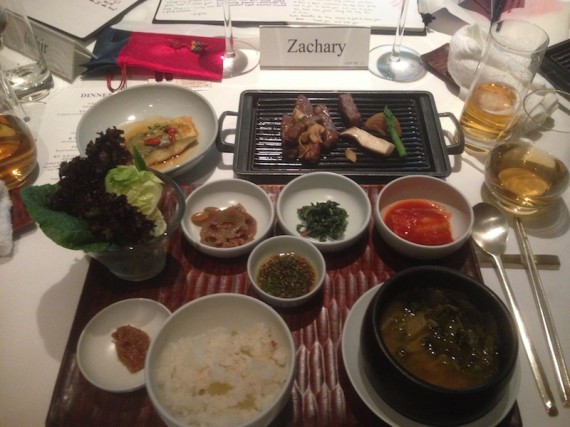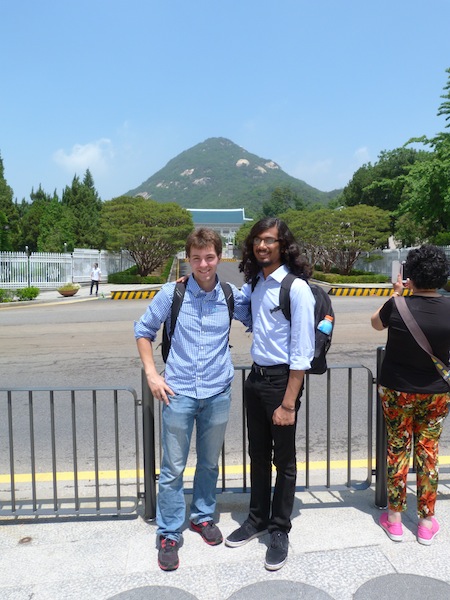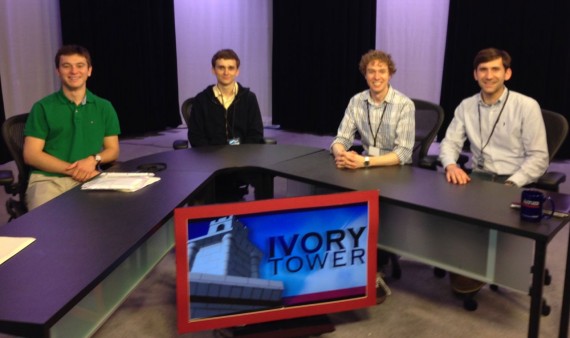Brittney Dorow ’17 recently returned from the Benton Scholars’ trip to South Korea. In this reflection, she discusses her youthful fascination with Asian cultures and her more recent interest in the vibrant mixture of “old and new” in contemporary Korean cityscapes–an interest that has lead her to the International Relations program at Colgate.
Growing up as a young girl with two brothers was a blessing.
I lived a life essentially free from gender. Yes, I was a female who loved dresses and tea parties and dress up dolls, but I was not limited to exploring one side of a culture many find to be split by sex. I played with cars, liked to wrestle and mess around, and I was equally as pleased to get the Pokemon Card as I was the Polly Pocket toy with my Happy Meal.
I think the greatest thing that came about being raised so openly centered on film and television.
One of my fondest memories was coming home from school on Friday’s to find my brothers down in the basement and a Japanese monster movie plugged in the VHS. I grew up watching these foreign films, moving from Godzilla movies with the boys, to dramatic and adventurous anime as I entered my teen years.
Overtime, my love for Asian culture developed. Entering into high school, it was safe to say I was obsessed. Watching anime and Korean Dramas with my friends while I picked at my meal with a pair of plastic chopsticks, I allowed myself to fall in love with it all, the people, the food, the fashion and so on.
More than anything else, I was enamored with the Asian city. Particularly in anime and film, I became fascinated with urban structure, a melting pot which combined the urban landscape of New York with the culture of traditional life. When I first discovered I could travel to Korea, I saw the perfect opportunity to finally see for myself if the culture I’d grown to idolize had been portrayed accurately or not.
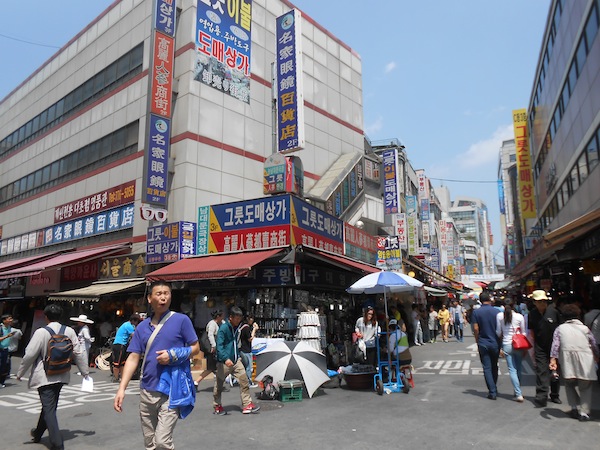
A street market in South Korea.
I am happy to say, it had.
My picture shows one of the first markets we the Bentons explored in South Korea. Even from a glance, you can see the blending of new and old culture which I had hoped to find on this trip.
Tall industrialized buildings lit up with electric lights and neon signs.
Inside, traditional fans, bowls, street foods and cloth are sold.
Overall, I was not disappointed, but rather, in awe of the cultural phenomenon that is an Asian city, particularly a marketplace. I found a place of acceptance, of peaceful cultural blending, and well a preservation.
Most importantly, seeing a place like this reminded me why I love the study of culture and how I truly want to pursue my major in International Relations. I want to fall in love with all the cultures of the world, and feel this amazement for the rest of my life.


